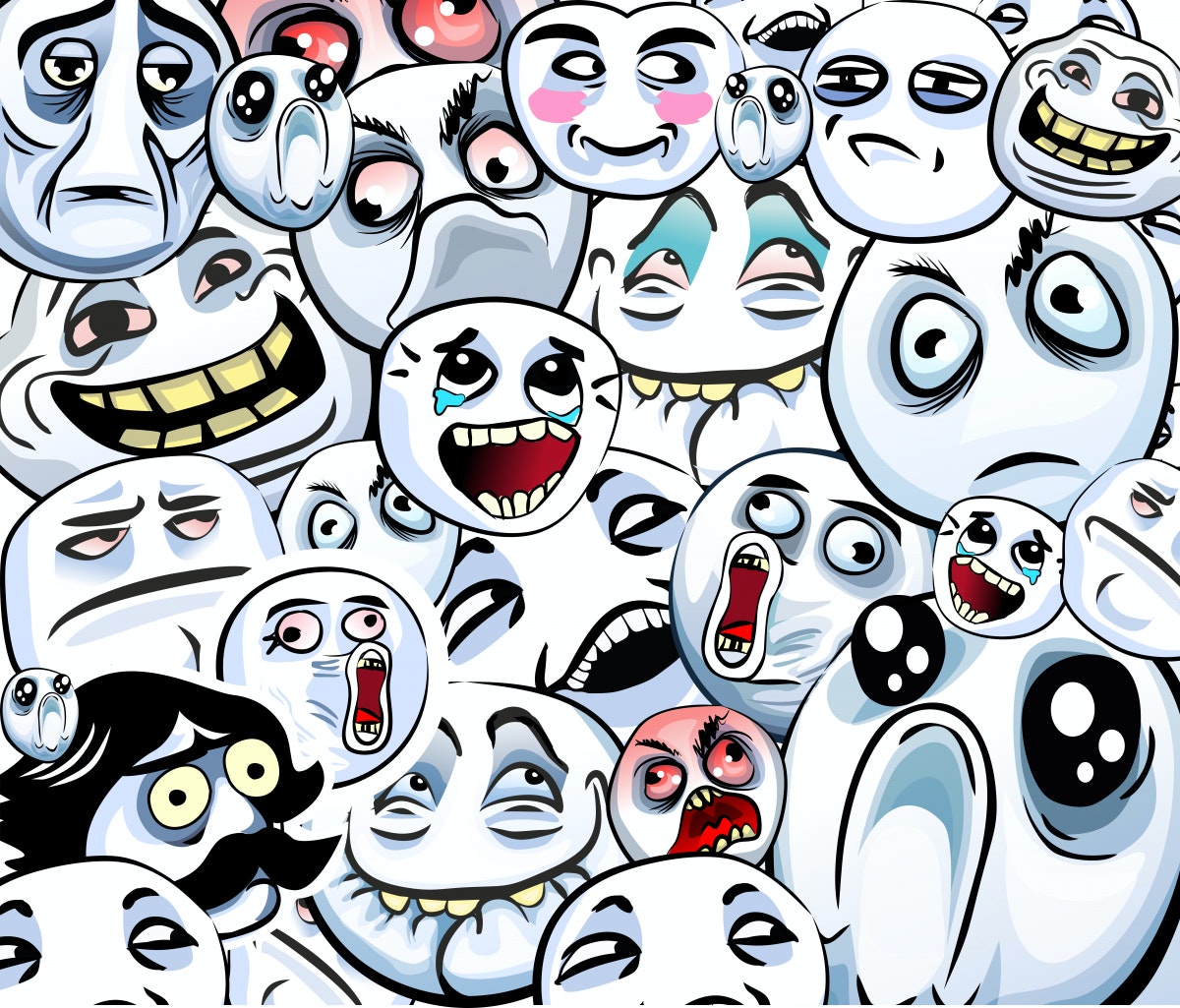1 meme is worth 1,000 words
No time right now?
The upload filters of the copyright reform threaten to stifle the meme culture. But how is it that memes have become an integral part of the Internet, and what significance do they have for society?
At the beginning of the year, Reddit users caused billions in damage to hedge funds. They drove up the share price of the troubled game retailer Gamestop through purchase agreements, which forced the funds, which had been short-selling on falling prices, to buy them at far inflated prices. The word of the “meme stick” made the rounds, the purchase of equipment as an Internet phenomenon and communication pattern. Many people had to realize that memes are more than just funny pictures on the Internet. They have a massive impact on society and have become a central medium through which social processes are negotiated.
When you refer to viral images and other internet phenomena as memes, you will always find clever guys who want to explain to you that memes are much more. At first sight this is true: the word “meme” was coined by evolutionary biologist Richard Dawkins, who drew an analogy between biological and social processes in his book “The Selfish Gene” in 1976.
Just as, according to one interpretation of evolutionary theory, genes only use biological organisms to spread, “memes” are supposed to be ideas and bits of information of all kinds that use interpersonal communication to spread. And always and not just on the Internet.
To cut a long story short, the theory does not last and was not taken seriously by Dawkins himself. Memetics was never really established and hardly represented by any serious scientist. Biology cannot simply be transferred to the social sciences, neither with memes, nor with social Darwinism or the social construction of gender.
Nonetheless, the term “meme” was taken out of the moth box when the first weird and funny content went viral around the year 2000. At the time, it was mainly videos like a that went viral dancing baby, the “Techno Viking“Who danced in Berlin at the Fuckparade to keep things tidy, or a guy who sings Numa Numa passionately. Actually, these aren’t memes, just funny videos that went viral on the internet.
They only become memes when other people take up the content, keep coming up with new variants of it and then post them on the Internet so that the meme can mutate like the gene in the biological model. In addition, there is no complete agreement on what actually constitutes a meme. Some think that memes have to follow certain rules, such as an image and an ironic text in the font “Impact”.
Meme genres follow their own rules
However, there are a number of meme genres, each with their own set of rules. The many are a famous example “Hitler finds out …” videos, which show an excerpt from the film “Downfall” and provide Hitler’s fit of rage in a funny way with ever new English subtitles.
Other memes that have nothing to do with meme pictures are the challenges that take place on video platforms such as Youtube, Vine and Tiktok and which are about imitating and developing some kind of trick. Dances in particular are ideal as memes, as they tended to spread virally on the dance floors even before the Internet. If the duck dance or the macarena used to go around, today it is Harlem Shake or The Flosswhich are danced en masse on the various video platforms.
On the other hand, some people believe that memes are only memes if they can be used in a similar way to emojis to express feelings and memories that are otherwise difficult to put into words. They are used to respond to messages and postings from other people on social media. The best-known example is perhaps the owl who says “O rly?” in a good mood. It can be posted on forums and social media in response to any attempt to make fun of someone explaining something obvious. Being able to respond with an appropriate meme is a kind of internet repartee. But because there are a lot of memes that don’t, maybe the best definition is: memes are like pornography – hard to define, but you can tell when you see them.



